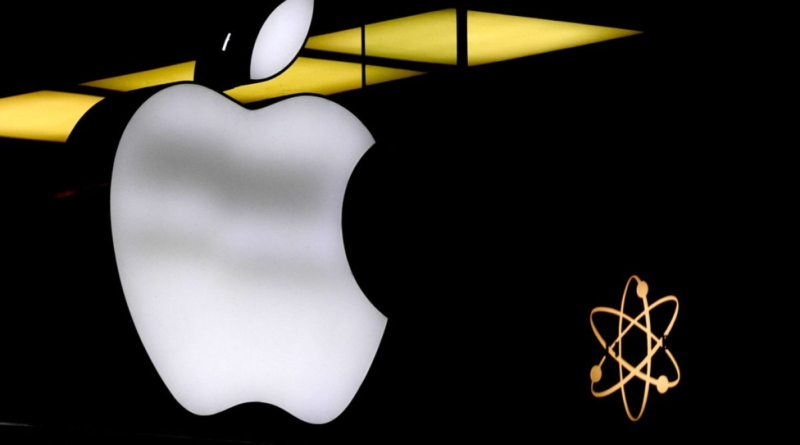Apple changes leaves UK microchip plant facing bleak future – Euronews
Radio Schuman
This is Radio Schuman, your new go-to podcast to spice up your weekday mornings with relevant news, insights, and behind-the-scenes from Brussels and beyond.
no comment
No agenda, no argument, no bias, No Comment. Get the story without commentary.
Radio Schuman
This is Radio Schuman, your new go-to podcast to spice up your weekday mornings with relevant news, insights, and behind-the-scenes from Brussels and beyond.
no comment
No agenda, no argument, no bias, No Comment. Get the story without commentary.
The UK government offers support measures for the semiconductor industry but it may still not be enough to measure up to US and European grants.
One of Britain’s biggest microchip plants is at risk of closure, following Apple’s cancellation of a major supply deal. The factory, owned by US semiconductor company Coherent, is based in Newton Aycliffe, in County Durham.
Apple recently announced it would be changing some of its FaceID features in its upcoming iPhone version, thus not needing Coherent’s chips anymore. The UK Coherent factory has been responsible for producing components for the FaceID technology.
As Apple was the factory’s primary client, the cancellation could mean the plant being shut down, dealing another major blow to the British semiconductor industry as a whole.
The County Durham factory has already had layoffs, with some 100 of 257 people let go last year. Coherent UK is currently exploring options such as selling, or implementing new technology, in an effort to take the plant in a new direction.
In a last-time-buy notice to its clients, Coherent UK said, as reported by The Telegraph: “Unfortunately the supply to the primary customer ceased at the end of Financial Year 2023. This places the ongoing viability of the business in doubt. A strategic review of the business is currently being undertaken with potential new technologies and/or sale of the business as options under consideration.”
According to predictions, the new iPhone 16 models may have bigger screens and slimmer bezels. Apple is also rumoured to be experimenting with folding models for the iPhone, however, these are not likely to launch until 2025, because of difficulties in ensuring that quality is not compromised.
As with recent iPhone models, the iPhone 16 is also expected to make greater use of AI, especially generative AI features for its Messaging app and Siri. Furthermore, the company is likely to use bigger language models, which may increase Siri’s comprehension and assistance abilities.
These new AI updates are also expected to impact the FaceID feature, especially at a time when more concerns have emerged about facial recognition technology being biased and potentially violating privacy concerns.
The British semiconductor industry has been losing out over the past few years, as the global chip industry has made a move to Asia. Back in 2017, Apple dealt a similar blow to Imagination Technologies, another British chip company.
After Apple announced it would no longer be using Imagination Technologies’ graphics chip designs, the semiconductor company saw its value halve, before it was sold off.
Other chip companies such as Wolfson Microelectronics and Volex have also suffered share price devaluations and takeovers in the past few years. This has left the UK dangerously dependent on foreign suppliers, many of which are based in South East Asia, especially Taiwan, which is seeing rising geopolitical tensions with China.
Although the UK government has announced a £1 billion(€1.18 billion) semiconductor industry support strategy last year, this has been repeatedly pushed back over the past few months, with it now expected to go in place after the UK elections.
Even when it is finally implemented, it may still not be enough to counter the decades-old head start several Asian countries have, nor the substantial semiconductor subsidies offered by the US and Europe.


